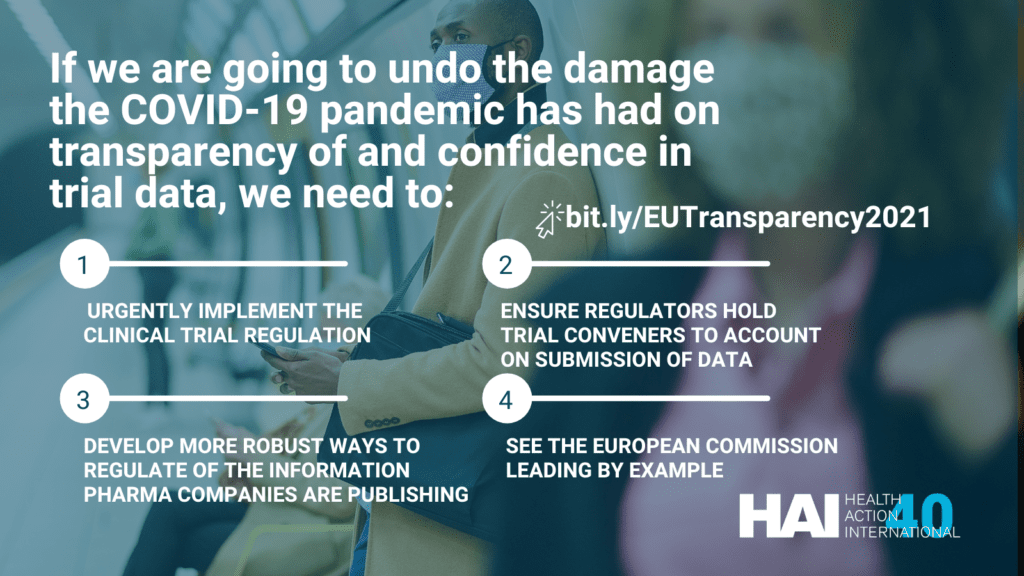Yesterday, European Commission President Ursula von der Leyen delivered her annual State of the Union address. The purpose of the speech is to reflect on the previous year and to set out the priorities for the next: the title, Strengthening the Soul of the Union, is indicative of the reflective tone of the President, as she considered a difficult year for the bloc.
The speech was largely congratulatory, highlighting the points at which the Union came together in the face of hardship, and taking a jingoistic stance more usually seen in the rhetoric of US and British leadership than the characteristically business-like and considered von der Leyen.
Given the COVID-19 crisis, healthcare featured heavily, and von der Leyen made no bones about taking credit for the vaccine programme, now considered, she claims, to be world-leading.
‘More than 70 per cent of adults in the EU are fully vaccinated. We were the only ones to share half of our vaccine production with the rest of the world. We delivered more than 700 million doses to the European people, and we delivered more than another 700 million doses to the rest of the world, to more than 130 countries.’
The speech included commitments to increasing vaccine access in low-income countries, the investment of one billion euros to increase mRNA production capacity in Africa, and an additional 200 million doses on top of the current 250 million doses committed. She failed, however, to acknowledge that the Commission has systematically blocked negotiations around the TRIPS waiver – which would facilitate increased access for the countries she highlights – despite compelling support for the proposal from over 100 governments worldwide, and indeed from members of the European Parliament seated in front of her in Strasbourg.
She touched upon the need to encourage Member States that are lagging to increase vaccination numbers, but without opening the door to a discussion about wider health inequalities across the bloc and within each State – a vital element of the EU’s vaccine approach given the widespread concern that marginalised communities and certain ethnic groups are continuing to have lower vaccination rates and to have poorer outcomes.
‘In the biggest global health crisis for a century, we chose to go it together so that every part of Europe got the same access to a life-saving vaccine.’
The speech also forewarned the launch of the European Health Union in the form of the HERA authority (formally launched today) asserting:
‘We have the innovation and scientific capacity, the private sector knowledge, we have competent national authorities. And now we need to bring all of that together, including massive funding.’
It is interesting to see the private sector put front and centre of the narrative around HERA: a move that only adds to our own, and our peers across civil society organisation’s, concerns about the risk of corporate takeover. The development of HERA will also be a key opportunity to see whether the European Commission is willing to be more transparent and to embed external and civil society scrutiny in a new organisation.
Von der Leyen framed the speech around the idea that we are moving into a post-pandemic era – which we all hope is the case. But apart from congratulating the EU for being world-leading when it comes to vaccines, there was little reflection on the broader learnings from the pandemic.
In HAI’s latest policy brief, launched to coincide with the State of the Union, we assess the impact the pandemic has had on transparency in medicines policy, and public confidence in clinical trials. While there has been some promising progress made – particularly around the preparation for the implementation of the Clinical Trial Regulation, and individual member states like Italy taking steps to reinforce transparency – overall, the pandemic has damaged transparency in medicines policy. This is particularly the case when you consider the behaviour of the Commission itself, holding secret negotiations and only publishing heavily redacted agreements to avoid parliamentary scrutiny.

Much needs to be done to build on the progress, and to undo the damage over the coming months and years. And this work must start with the European Commission itself taking a leading role and walking the walk when it comes to greater transparency. After all, transparency is a means, not an end: a means to bring about more sustainable, patient-centred healthcare systems that ensure affordable access to safe, effective, quality-assured medicines, and of which people across Europe can truly be proud.
Image source: CC-BY-4.0: © European Union 2019 – Source: EP